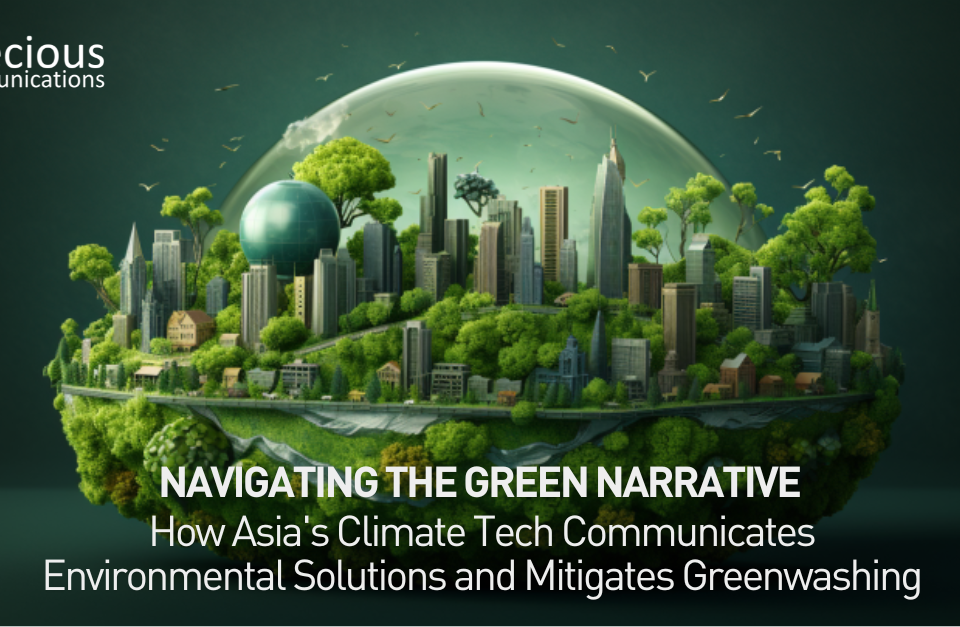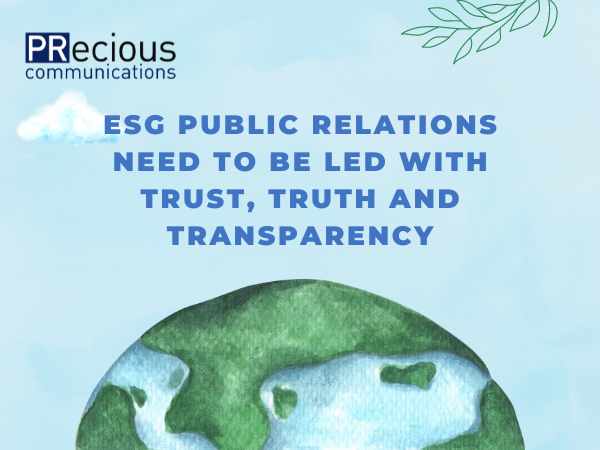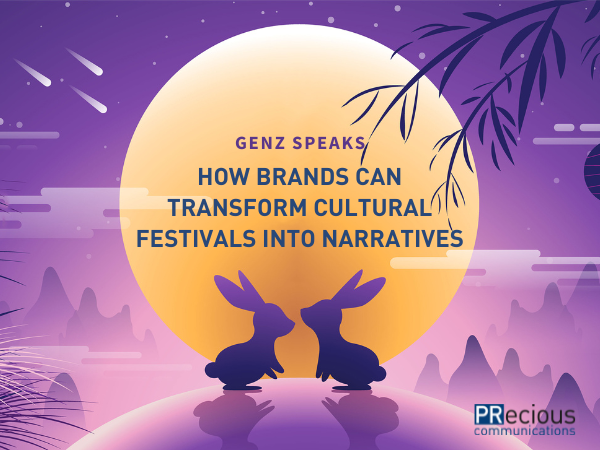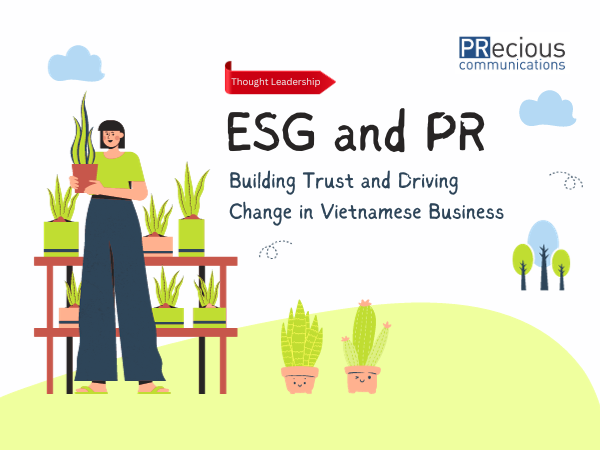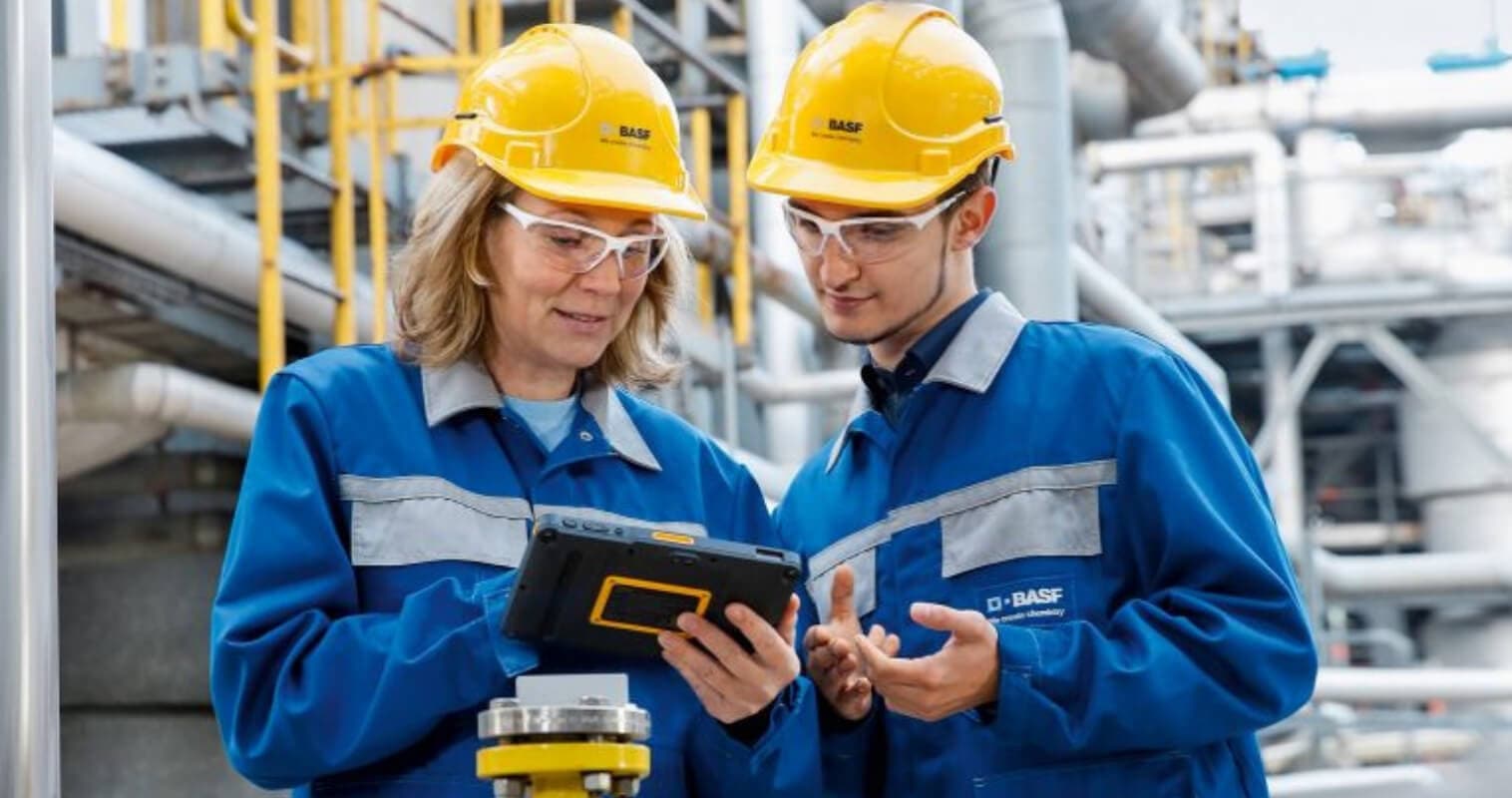How Will the RCEP Agreement Impact the PR Industry in the Region?

Celebrating Three PRecious Years
December 1, 2020
What Is the One Thing That Was Unmissable in 2020?
January 8, 2021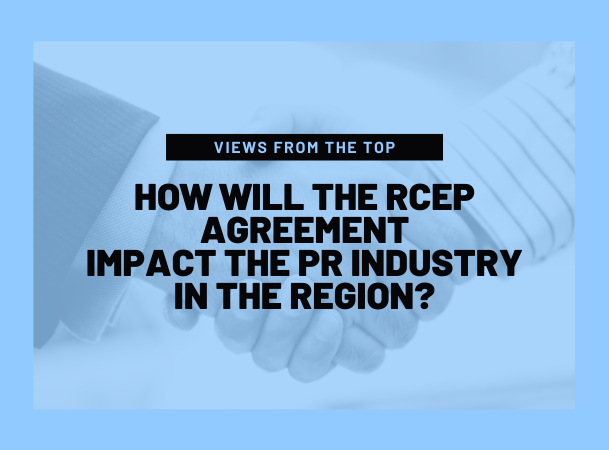
Fifteen APAC countries signed a mega-free trade deal on 15th November 2020 in an annual summit comprising of Southeast Asia leaders and regional partners. Its main objective is to lower tariffs, open up trade in services and promote investment that will allow emerging nations to keep up with the development pace of the rest of the world.
Working with clients across various verticals, experts from PRecious Communications weigh in on how the signing of the Regional Comprehensive Economic Partnership agreement will impact the region’s PR industry.

Understanding, and immersing in, different cultures as key to PR success

We are witnessing the beginning of the Southeast Asian decade. RCEP is only one important piece that will contribute to the elevation of ASEAN as an economic zone getting more and more global attention and growing in importance for supply chains, talent, and last but not least, markets for consumer and enterprise products and services. Pre-COVID, this region has seen one of the most promising and consistent economic growth indicators, driven by a growing middle class, foreign investments and digital adoption on the back of the entrepreneurial spirit of its 650 million people. Those companies succeeding here, don’t only recognise the differences between the Southeast Asian countries and cultures but leverage them for customised approaches that successfully connect brands with their target audiences. So for public relations to be successful, it needs to understand and communicate successfully with that diverse public across the region. The more immersed you are in the different countries as a brand, the more successful you will be – together as a team of brands, fans, partners and customers.
Contributed by Lars Voedisch, Founder and Managing Director
Enhancing the importance of brands and marketers

While there’s still a long way to go for RCEP to move through the motions towards seeing a tangible impact for some of the countries, nonetheless it does seem like a very promising development for its 15 member countries, of which 10 are from ASEAN. I have fond memories of our global roadshows representing PRecious to partner agencies and clients, and the first thing we would educate these global stakeholders is around the existence and growth potential of the ASEAN region, with its considerable advantages as the next China. RCEP enhances the importance for brands and marketers to consider the region across strategy and budgeting exercises.
As a next step, brands and marketers will realise that there is no one-sized approach towards tackling the region, with each market being so unique in terms of cultures, languages and consumer behaviours. This could drive inbound opportunities, especially for independent agencies, who have in-market capabilities and the presence to complete regional brand strategies for clients and other agencies. Naturally, with more focus and business in the region, this has the potential to result in the creation of jobs (and possibly the following talent crunch), poaching of media into an agency or in-house roles thereby shrinking the pool of journalists – and most definitely for consultants needing to up their regional capabilities to connect ASEAN to global opportunities.
Contributed by Prayaank Gupta, Vice President, Growth & Innovation
Championing cross-border communications work

With the RCEP Trade Agreement promoting trade on very friendly terms among 15 countries, we will see greater interdependence and collaboration across all countries. As services flow through this region, communications will play a very pivotal and delicate role in instrumentalising deals, partnerships and conversations to increase seamless collaborations in rolling out services and products in the different markets.
How then should brands look at the value-add that communications agencies bring? Brands will need to increasingly look at boutique communications establishments that have local offices that are able to deliver effective strategies based on market nuances across the region. A hub-and-spoke model has always been the buzz word with agencies but not many are able to work swiftly due to pre-existing infrastructures that limit the shareability of resources.
In the next normal, brands who are looking to benefit from the RCEP Trade Agreement will need to look at communication agencies possessing both the hardware (lean but efficient staff strengths, technology-enabled services, co-creation mentality and knowledge and more) and software (regional consultation, shared resources, on-demand senior counsel and more) frameworks in delivering quality communications counsel and outputs suitable for cost-sensitive companies and organisations.
Contributed by Robin Chang, Vice President, Brand Communication & Strategy
Focusing on the target audience and telling a unique and relevant story

The RCEP and various other free trade agreements that are being discussed are inevitable; the world is moving towards open borders and trade, after all. While businesses now have a much wider potential target market, they are also facing a larger pool of increasingly internationalised competitors – translating to the need to differentiate themselves. That obviously has parallels with the PR industry, where we have seen the internationalisation of news and the free transfer of ideas across borders for some time now, because of the internet and especially the rapid digitalisation of our region, Southeast Asia. Readers in Singapore or Jakarta or Bangkok don’t care if the news they read is “manufactured” or written from a journalist sitting in another country, as long as it is relevant to them and provides them with an interesting point of view. And that I think is the key lesson the PR industry needs to take: It is a reminder that focusing on the target audience and telling a unique and relevant story has become more relevant than ever.
Contributed by Clarence Lim, Practice Head, Inc
Increased inter-agency collaboration as shaping the future of regional and global PR

The RCEP Trade Agreement has several similarities with what we are witnessing in the public relations ecosystem – especially increased collaboration with other communications agency partners in markets where one does not have a direct presence.
This is largely due to the fact that several technology brands look for regional support but prefer working with a team based in a business hub such as Singapore or Hong Kong, instead of managing different vendor relationships. With economies such as Indonesia, Thailand, Malaysia, and to an extent, the Philippines, Vietnam, Cambodia, Myanmar etc. becoming critical business markets for these brands, they expect the regional agency to be able to forge key agency partnerships in these markets in case they don’t have a direct presence there.
Catering to the different media dynamics in these markets, localised content, local story angles are critical constructs in a brand’s regional and in-market story-telling and media outreach approach. This shift augurs well for the future of multilateral PR remits.
Contributed by Rajiv Menon, Practice Head, Edge
Inspired by this post? If you are a startup or a corporate looking to build trusted relationships with your key audiences, get in touch with us to expand your brand awareness. Let’s push the creative boundaries together.
